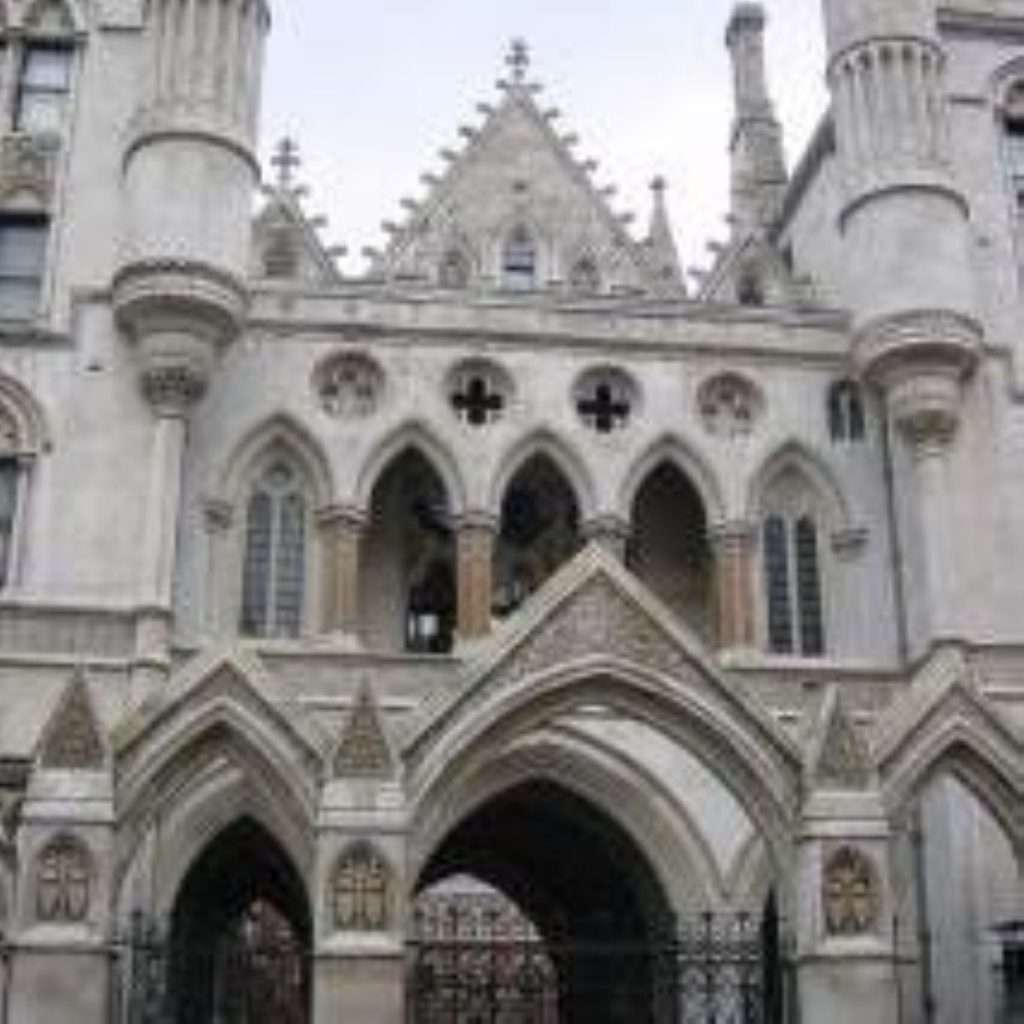Lords reject jury limits
The House of Lords has rejected proposals by the Government to remove the right to jury trials in certain cases.
Government plans to remove jury trials from a small number of serious criminal cases are intended to affect those cases involving complex fraud or organised crime, but the House of Lords yesterday objected by 210 votes to 136 to the removal of the right of defendants to be tried by their peers.
The argument for removing juries from trials involving fraud is based on the concern that justice may not be served if the case is complex because the jury will not understand the legality or technicalities being discussed. This view has been labelled ‘patronising’ by opponents who claim that juries are more able than the Government gives them credit for.
Plans to remove juries from trials involving criminal gangs are derived from different concerns. There is an increasing fear that gangs are attempting to exert pressure on juries through intimidation, and the Metropolitan Police spends millions of pounds each year protecting jurors.


Police chiefs have backed plans to remove juries from cases in which they face intimidation, so as to ensure justice can be done while saving funds for other activities, but opponents argues that greater resources for jury protection would ensure a fair trial.
The removal of juries would probably affect around 100 cases a year, and the Government has defended the moves as an attempt to improve faith in the justice system. It has therefore stated its defiance in the face of the set back and promised that the proposals would remain in the bill that the Commons will debate when it returns after the summer.

